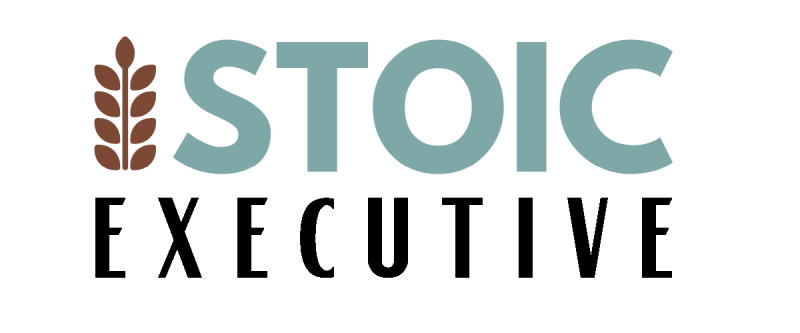“Busy!”
How often do you ask someone how they are and hear that response? Too often, being time-strapped and torn in a hundred different directions has been a mark of distinction. It’s how we keep score and know that our time is of value to others.
This misconception has even trickled to our kids who are too often booked solid with activities, rehearsals, and practices that leave little breathing room for daydreaming and maybe just being a kid.
Is there any end in sight? In our modern society, it seems as though we have become addicted to busyness itself. We often equate being busy with success and accomplishment, as if being busy is a badge of honor.
However, being too busy is a red flag, indicating that we may not be managing our time and priorities effectively. Show me someone whose default mode is “slammed” and I show you a person who is unlikely to be fully satisfied with their situation – one whose schedule is out of control, with little sense of prioritization. As podcaster and “The 4 Hour Work Week” author Tim Ferris put it, “Being perpetually busy is a kind of laziness.” I take this to mean that the perpetually busy have not done the more difficult task for managing themselves and their time. It’s easier to be taken down the busy path by external inputs, to look outside yourself for the reasons you are rushing through things, backed up, or distracted than it is to stop the flow and run your own game.
One of the negative effects of being constantly busy is that it can create bottlenecks that impact others’ productivity. When we are too busy, rushed, not available, or not fully engaged in what we are doing, it will inevitably impact our colleagues, supervisors, peers, and team’s productivity and results. This can lead to more errors, frustration, and loss of clients and revenue.
Furthermore, when someone is always “too busy,” it calls into question how effective they are at core components of their job, such as delegation, prioritization, and resource and time management. This can lead to a decrease in morale and productivity within the team, as colleagues may begin to question their own abilities.
So why do people often associate being busy with success and accomplishment? I know most of us are trying to do our best under the burden of societal expectations and very real obligations to our family members and loved ones. But we can all do our part to carve out more time in our own lives and push back on a culture that fetishizes business above all else.
Perhaps many of us have lost sight of the difference between results and efforts. We may not have confidence that our results match their efforts, or we may feel that their results would not be as impressive to others as their level of effort.
Another reason could be that we have not found a good way to measure their results. In this case, we gravitate to counting inputs – the number of emails sent or hours worked (i.e., effort) – instead of the outputs and the results we are creating.
If this sounds like you, don’t worry we all fall into the “too busy” trap at times. Here’s a few things you can do:
1. Shift your focus from doing to being, figure out who you want to “be.” Ask yourself questions such as: How do I want people to talk about us when we are not around? How do I want to be remembered today? Write down our answers (this helps make your thoughts stick with you better than typing) and reflect on them daily can help you hone and refine our understanding of ourselves.
2. Start each day with a reminder of who you want to be is always more important than what you want to do. For example, we might want to be a calm, peaceful, at ease person who always seems to bring clarity to the situation when others are running around with their hair on fire. Your focus should be on being calm and peaceful, with the solutions and specific actions being a secondary result of how you are being.
3. Prioritize “being” over doing – shift what you find impressive and what your goals are. You need to shift from a goal of working hard, getting a lot of things done, and checking off our checklist to a goal of showing up as your version of your best self. You need to believe that simply being our best selves will better enable us to get stuff done, check things off, and hit our goals. Because it will. This will help you tap into more of our untapped potential – more of your creativity, empathy, and joy of work. Your relationships will improve, and we will connect much better – thus improving your effectiveness and productivity as a leader.
The tone starts at the top. Leaders who convey performative productivity – sending emails around the clock into the wee hours of the weekend, for example – send a message that being busy is to be valued over restorative time. Wise leaders can encourage their teams to prioritize being over doing by leading by example. They need to express the importance of productive behaviors and not let even star performers behave poorly. They need to let everyone know that being our best selves is what will ultimately lead to success, not being constantly busy.
By focusing on simply being, we can unleash our full potential – and bring our best selves to work every day. So, let’s resolve to start a revolution to break free from mindless business and productivity without intention. We can break free from the busyness trap – and in the process, achieve true success and fulfillment in both our personal and professional lives.
